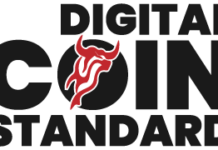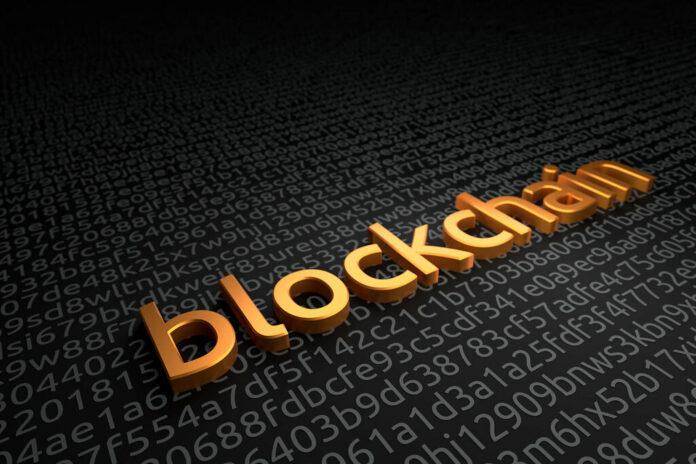South Korea unveiled a plan to install blockchain-based toll payments systems across the country’s highways. Korea Expressway Corporation, the country’s highway operator, signed an agreement with KEB Hana Bank, one of the biggest commercial banks in South Korea, to have highways across the country installed with toll payment system powered by blockchain.
According to the agreement, the nation’s motorway operator will allow motorists to use KEB Hana’s smartphone banking app Hana One Q to make their tall payments, defer payment, or receive refund. The new system will replace the current smart card, credit card, or cash-based payments currently used to pay toll across the country.
Using Blockchain to boost data sharing
Both Korea Expressway Corporation and KEB Hana said they are seeking to boost their partnership regarding the use of Blockchain to transfer data, send, receive, and process large volumes of information.
Both parties have agreed to install the new blockchain-powreed payment system to replace the cash-based and credit card payment solutions. In addition, the highway authority is seeking to offer contactless payment solutions due to the COVID-19 pandemic. Both parties are using Blockchain to share and exchange data in a bid to strengthen synergies along with the payment system project.
The deal was fronted by the state-operated Korea Internet & Security Agency (KISA) and its Ministry of Science and ICT. It will allow motorists to sign up faster by just keying the vehicle registration number into the bank’s app. KISA says the move will boost the adoption of contact-free payment crucial to prevent the spread of COVID-19.
In a statement, Kwang-Ho Lee, head of the sales division at Korea Expressway Corporation, said the authority will rely on blockchain technology to introduce more customized contactless payment systems to the public. He added that the deal is part of the country’s long strategy to lead the global economy post-COVID-19.
“We will continue to expand customized non-face-to-face (contactless) services to the public by applying blockchain technology, which is part of the Korean version of the digital new deal policy to lead the global economy after the coronavirus.”
Recently the government of South Korea unveiled a plan to invest more than $48.2 billion in Blockchain and other Industry 4.0 technologies by 2025.















